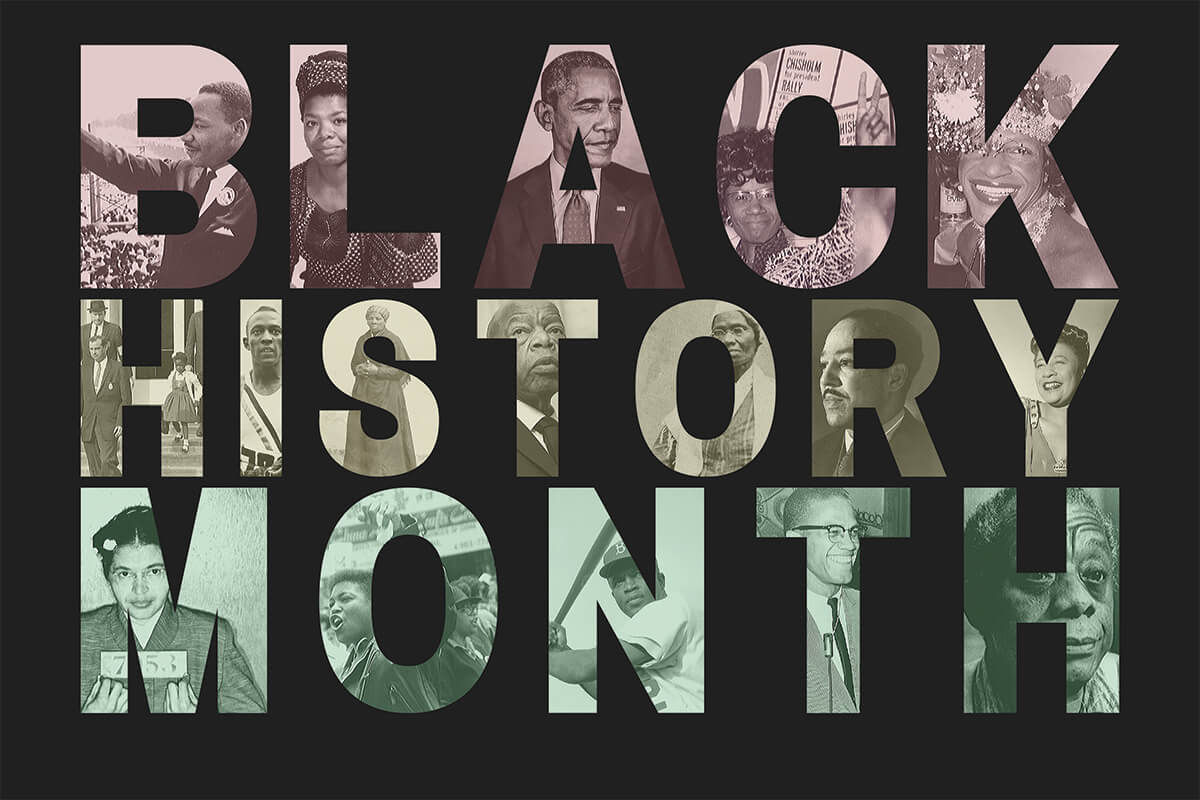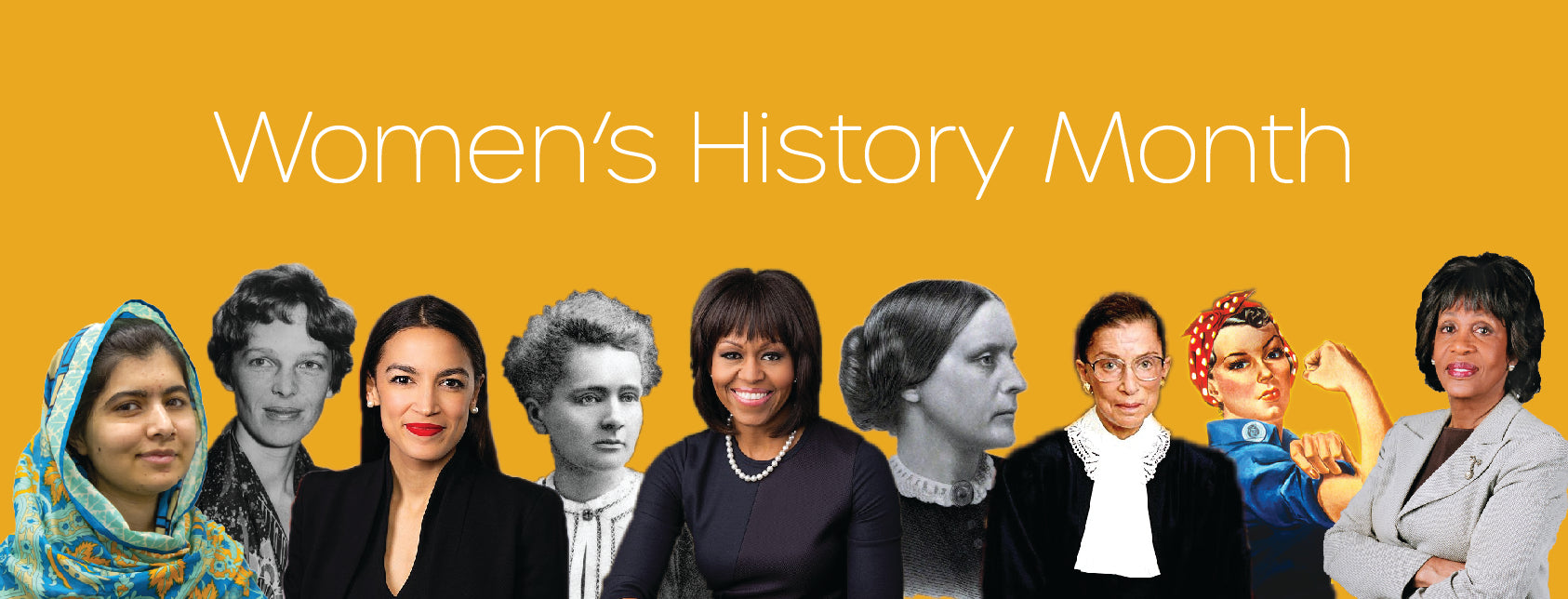How Black History Month Became Possible

Happy Black History Month!
As we remain safe during this time, we want to highlight that we can still celebrate Black History Month and Black voices, even if it is digitally. However, now more than ever the Black voice is (and honestly has always been) a strong and mighty force to reckon with… but how did we only get one month... 28, sometimes 29 days to celebrate such a force?
The celebration of Black History Month dates back to 1976 with presidents recognizing the celebratory month to be in February however the celebration started as Negro History Week by historian Dr. Carter G. Woodson and minister Jesse E. Moorland. Woodson and Moorland founded the Association for the Study of Negro Life and History in 1915; we know today as the Association for the Study of African American Life and History (ASALH). The ASALH beginnings first focused on the advancements of people of African descent, resulting in the celebration of Negro History week starting in 1926. As the popularity of Negro History Week grew, other Black history clubs extended the time to the celebration. With teachers including Black history into their curriculums and states elongating the celebration to February on their own, the civil rights movement brought in a tremendous change to the official recognition. President Gerald Ford decreed February as Black History Month and of national observance in 1976 during the United States Bicentennial celebration urging Americans to “seize the opportunity to honor the too-often neglected accomplishments of Black Americans in every area of endeavor throughout our history.” The rest is… well, history.
As we have the subsequent month to celebrate Black history, here are some quick ways you and your loved one can bring more education to the month:
- Research Black inventors, recipes, and influencers.
- Celebrate the various complex levels and multi-cultures of Black faces and voices.
- Advocate for Black causes and changes.
- Tour (virtually if possible) a Black Cultural center
The growth of Black history and influence is seen within every aspect of life and continues to show its face throughout the world whether or not people know, understand, or like it. Between the increase of Black faces and voices throughout many industries to a major increase in Black-owned businesses within the 21st century, the need to celebrate Black history is greater now than ever. This idea for a daily celebration of Black history has sharpened immensely through the Black Lives Matter movement years before it was even put into place.
We’re not sure what else is needed to support the case of celebrating Black history beyond just the month of February, but we hope you and your loved ones are bringing strength to Black voices daily, even in the smallest of ways.
References:
-https://www.etonline.com/black-history-month-how-it-began-and-how-to-celebrate-159566
-https://time.com/4197928/history-black-history-month/
-https://www.thenetworkniche.com/honor-black-history-month/
-https://later.com/blog/black-history-month-on-social-media/
Photo: https://www.su.edu/blog/2020/02/black-history-month/





Comments